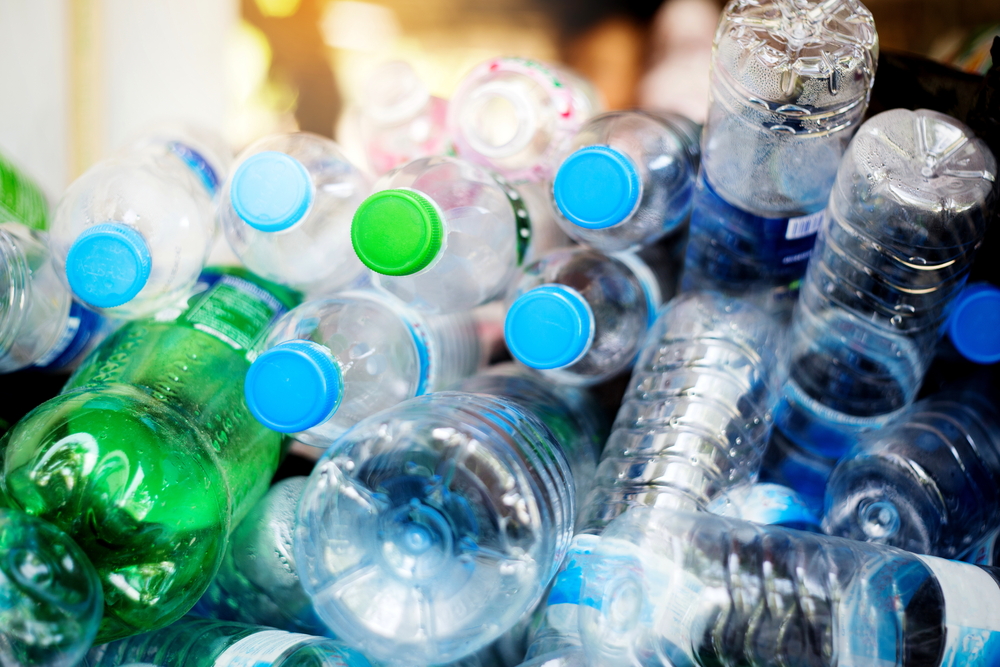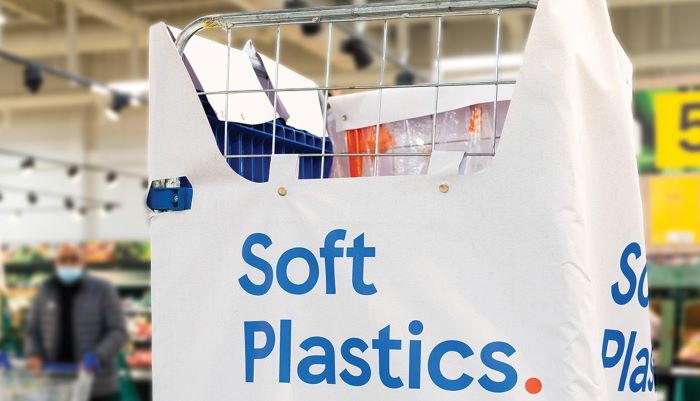The organisation said that the negotiations “succumbed to the influence” of the fossil fuel and petrochemical industry.
While countries agreed to move forward with “intersessional work” before the fifth round of negotiations in Korea this coming November, Greenpeace UK felt plastic production reduction was “excluded”, making plastic cuts “more likely” to be excluded in the final treaty.
There were said to be 196 attendees from the fossil fuel industry – a 37% increase compared to last time.
“In the battle against plastic pollution, a treaty devoid of measures to curtail our plastic production would be a resounding failure, allowing the crisis to spiral further out of control. Regrettably, the latest negotiations suggest this outcome is more likely than ever. The UK government is disappointing voters who deeply care about the plastics crisis.
“Unlike counterparts such as France or the Netherlands, the UK’s absence from the ‘Bridge to Busan’ accord, urging limits on plastic production, is glaring. Leading the pack in per capita plastic waste among the ‘High Ambition Coalition’ nations, our government must grasp the imperative of imposing production constraints. Hopefully, come November’s final deliberations, we will witness a government that acknowledges this need,” said Rudy Schulkind, political campaigner for Greenpeace UK.
Calls for change
In response to recent figures from The Big Plastic Count, Greenpeace UK and Everyday Plastic have re-emphasised their calls for the government to:
- Support a legally binding global target to cut plastic production by at least 75% by 2040
- Speed up the introduction of innovative reuse and refill models
- Completely ban all plastic waste exports by 2027 at the latest
- Immediately implement an all-in Deposit Return Scheme (DRS) and Extended Producer Responsibility (EPR) requirements for recycling and reuse
- End approvals for new incineration facilities











Subscribe for free